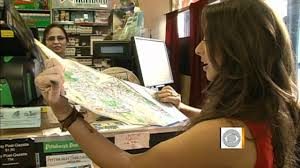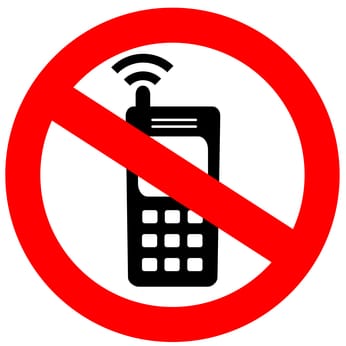“We are creating and encouraging a culture of distraction where we are increasingly disconnected from people and events around us, and increasingly unable to engage in long-form thinking. People now feel anxious when their brains are unstimulated.”
Step into any office in America and you’ll notice the frenzied, hurried, chaotic pace. Phones are
ringing, email and text alerts are sounding and computers are humming.
Even when you leave the office there’s no escaping distractions. Cell phone conversations continue while driving, texts divert attention from dinner and social media draws you away from one-on-one conversation with family.
Technology can be wonderful, but when we abuse it, which sadly most of us do, it can be detrimental. It’s made us available 24/7. It corrupts our work-life balance and can be a source of constant interruption. The result is a society of exhausted, overwhelmed, overweight, out of shape and burned out individuals.
Is this what we want for our lives? How do we survive this distraction epidemic and become less tech-obsessed?
There is a new movement underway called “Digital Detox”. It refers to a period of time during which a person refrains from using electronic devices such as smart phones and computers. My intern Sarah told me they have digital detox periods during the school day. There are even hotels and resorts that give guests the opportunity to “Check-In and Check-Out”.
The richness of our lives depends on the quality of our social experiences. Technology can rob us of moments that could become precious memories: the feel of a child’s hand in yours, an engaging conversation with someone special, the beauty of a sunset or an eagle soaring overhead.
I suggest you close your laptop and listen. Leave your phone in your desk drawer during your next meeting. See what it’s like to be all-the-way present with people and start building long-term authentic relationships.
 Click on the picture at the left to learn about one reporter’s experience at digital detoxing.
Click on the picture at the left to learn about one reporter’s experience at digital detoxing.

